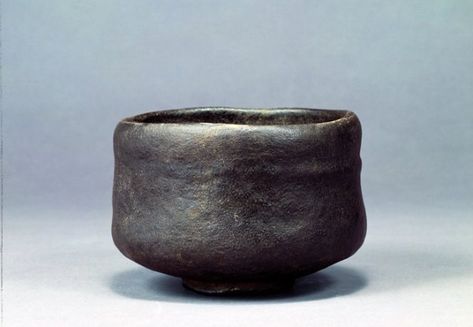Shem Center for Interfaith Spirituality
Joseph Kilikevice, Founding Director
Steven G. Miller, Assistant Director
May – American Pacific Islander Heritage Month

Dear friends,
On May 1, 2009, President Barack Obama signed Proclamation number 8369, recognizing the month of May as Asian American and Pacific Islander Heritage Month. During this month, we celebrate the achievements and contributions of Asian and Pacific Americans with community festivals, government- sponsored activities and educational activities for students. How different this month of dedication and remembering is from the history that we lived before this proclamation.
August 6, 1945, a day I remember well. I was nine years old. It rained for much of the day. America had dropped the atom bomb on Hiroshima, Japan to “end the war” we said. The war had been something real to me, hearing news reports on the radio and prayers for peace in church. I knew families who had sons who were soldiers fighting “the enemy” and remember counting the small banners hanging in front windows of houses I walked past on my way to school. A blue star on the banner represented a soldier serving in the military. A gold star indicated one who had died in the war. In some homes, there were several stars on the banner.
Decades after the bombing of Hiroshima images of the aftermath remain clear and shocking to me. Words like, reconciliation, forgiveness, healing, and friendship are still difficult to grasp. We re-visit the story and wonder how to live with the unforgettable images of suffering of those days.
In 1961, I attended a lecture at the Art Institute of Chicago, titled, The Japanese Decorative Style. It was in conjunction with a museum exhibit installation by the same title. It was then that an affinity I had for the simplicity found in Japanese art opened me to a deeper understanding and appreciation for such elements as the empty spaces in Japanese art that said as much as what was there, perhaps depicted by brush strokes. An interest I had in flower arranging became enhanced by a “less is more” concept where just three flowers, for example, can express as much or even more than a large bouquet of many flowers.
In recent years my study and practice of Chanoyu, the Japanese tea ceremony became an extension of the sensibilities I discovered in Japanese art. The simple act of preparing and serving tea to guests follows the same restraint in the utensils chosen and the movements that accompany them. While the teachings involved are a lifetime pursuit, the elements used remain simple. A careful handling of the tea bowl, tea scoop, whisk and hot water used are surrounded with few words and an appreciation for rustic beauty that often comes with treasured objects, worn and made beautiful with use. Joyce Sensei, (Kubose) my teacher of “The Way of Tea,” dressed in kimono, bows to me as I enter her home. She does so expressing deep respect for me her student, and the ancestors and teachers that are part of my lineage. All this is said not in words, but is a simple bow that greets me. I do my best to return the kindness. I have yet to master the subtleties of this lovely gesture.
When Joyce Sensei’s parents were still living and lessons for the tea ceremony took place in the tea room in their home, I would ask to see them before I left. They would both come out and bow deeply to me which often brought tears to my eyes. These were people who escaped the war in Japan, arrived in America and were incarcerated in a concentration camp. Here they were, war refugees whose stories I came to know, and they were bowing to me. Their bows gave new meaning to the word, “respect.” The message is clear. Everyone is respected, no exceptions, and it is for me to remember that it is the guest who brings a gift to the host simply by showing up.
And we silently welcome them, and allow our lives to change.
Br. Joseph Kilikevice, OP
Shem Center for Interfaith Spirituality
Return to From the Director
Shem Center for Interfaith Spirituality
708 North Harvey Avenue
Oak Park, IL 60302
(708) 848-1095
shemcenter1993@gmail.com
Photo Credits: Emory Mead, Stephen B. Starr, Joseph Kilikevice
The Shem Center for Interfaith Spirituality website is awarded a 2022 American Digital Design Award for excellence in design and user experience.
